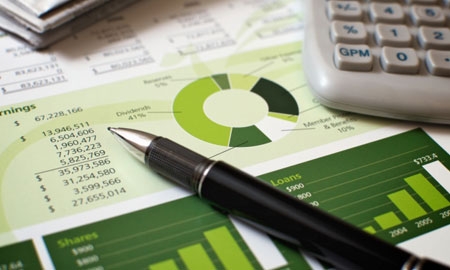In 2011, the year when President Ouattara took office, Côte d’Ivoire’s economy slumped by 4.5 per cent. In 2012, the GDP reached a stunning 9.8 per cent growth. And for 2013, although the official figure was not available at the time of writing, both the government and the IMF forecast an enviable 8.7 per cent rate.
One of the architects of this performance is Nialé Kaba, the Minister to the Prime Minister in charge of Economy and Finance. The Sorbonne-trained statistician is credited for having negotiated with the IMF and the World Bank a record $4.4 billion debt relief package, which combined with other debt relief will total $7.7 billion and reduce the country’s external debt by more than 60 per cent.
“The recovery of our economy is not a miracle,” declares Ms Kaba. “It is the result of the determination of the government to restore the confidence of the population and to regain the trust of donors, of the international community and of our partners. Public authorities have worked relentlessly to restore social cohesion and to re-establish dialogue with the opposition, in particular when drafting our National Development Plan (NDP) for 2012-2015.”
The core development strategy of the NDP is to open the economy to the private sector. “We want it to be the engine of our growth,” says Ms Kaba, who forecasts average annual growth of 10 per cent by 2015.
As agriculture represents the main economic sector of Côte d’Ivoire, a large part of the NDP is logically focused on how to boost its performance and profitability. “We also have high hopes in the mining and oil sectors,” adds Ms Kaba. “The primary sector now accounts for 30 per cent of GDP; the secondary averages 22 per cent, and the tertiary 35 per cent. These last two rates were significantly lower a few years ago, and this is an encouraging shift.”
Banking is another pertinent sector. According to Minister Kaba, the government is working on a public finance sector reform package that aims to “rationalise the participation of the state” and to increase the number of Ivoirians who have a bank account – today, only 15 per cent of the population does. Furthermore, authorities want to develop micro-financing, even though it is already a “very heavy sector”.

0 COMMENTS